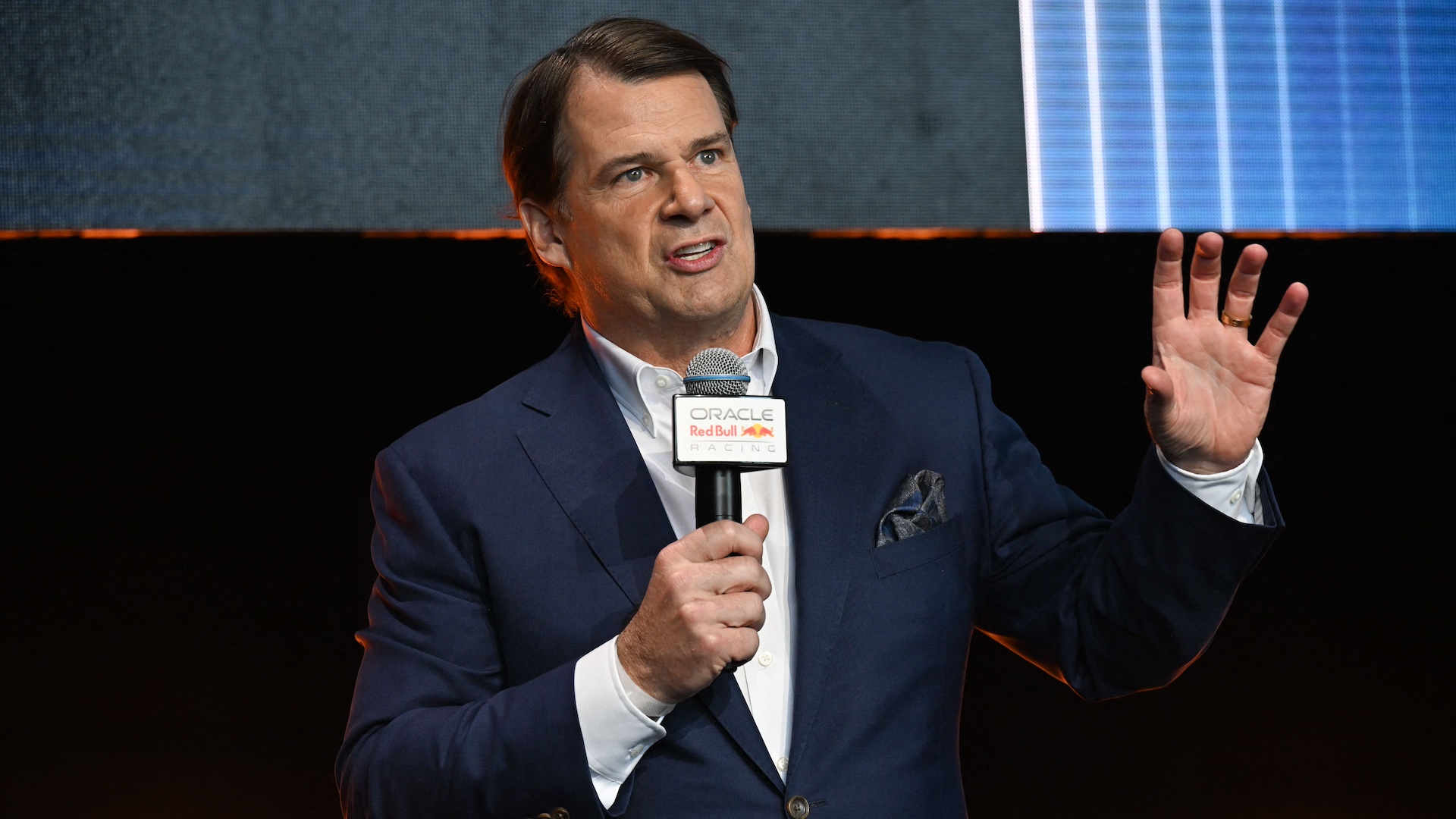

As the CEO of Ford and a professional race car driver, Jim Farley has the funds and skills to drive pretty much anything he wants. And yet, his latest automotive love isn’t a Blue Oval product and wasn’t designed for enthusiasts. It’s an electric sedan made by a Chinese smartphone giant, as he recently shared on the Everything Electric Show on YouTube.
“Everyone’s talking about the Apple car, but the Xiaomi car… which now exists, and it’s fantastic. They’re selling 10,000 or 20,000 of them a month, they’re sold out for six months. That is an industry juggernaut, and a consumer brand that is much stronger than car companies,” Farley said about 22 minutes into the podcast. He added that he doesn’t like talking about rivals but Xiaomi deserves an exception.

Introduced in 2023, the Xiaomi SU7 is an electric sedan marketed as being pegged at the intersection of performance and luxury. In a way, it’s a bit like a home-brewed Porsche Taycan. It’s available with either 295 or 664 horsepower, and it’s apparently good enough to win Farley’s heart.
“I drive the Xiaomi. We flew one from Shanghai to Chicago and I’ve been driving it for six months now and I don’t want to give it up,” Farley admitted.
Later, Farley clarified in a tweet that he frequently drives cars from other automakers to stay up on the competition, and his true daily driver is a Ford F-150 Lightning. Still, it says a lot that he views a car that isn’t sold in America as a true competitor.
Seeing the CEO of Ford park a Chinese car in front of his office and step out with a smile has to be quite a sight. It’s also a testament to how far China’s car industry has come over the past couple of years. In the not-too-distant past, it was the Chinese carmakers who were sourcing Western cars from abroad to study how they were developed rather than the other way around. Farley must have witnessed this change, and he explained that his experience working at Toyota taught him that a small, little-known brand can become a threat in a matter of years.
“I worked at Toyota for 25 years. When I joined Toyota in the United States, there were 500 people in the company. We were a marginal brand; no one knew of us,” he remembers. “My family was not happy; they wouldn’t talk to me here in Detroit because they were ashamed that I worked there. And there was a huge social cost in the Midwest for the success of Toyota, so many jobs were lost including many people in my family.”
Back then, “the Detroit Three really never had a plan” and each lost a big chunk of market share to brands like Toyota and Honda. Farley sees a similar battle looming on the horizon, this time with Chinese brands, and he’s determined to prepare Ford for it. Still speaking on the podcast, he said that he created the “skunkworks” team because he “felt like the institution of Ford would have a really tough time competing with BYD.”
Got tips? Send ’em to tips@thedrive.com